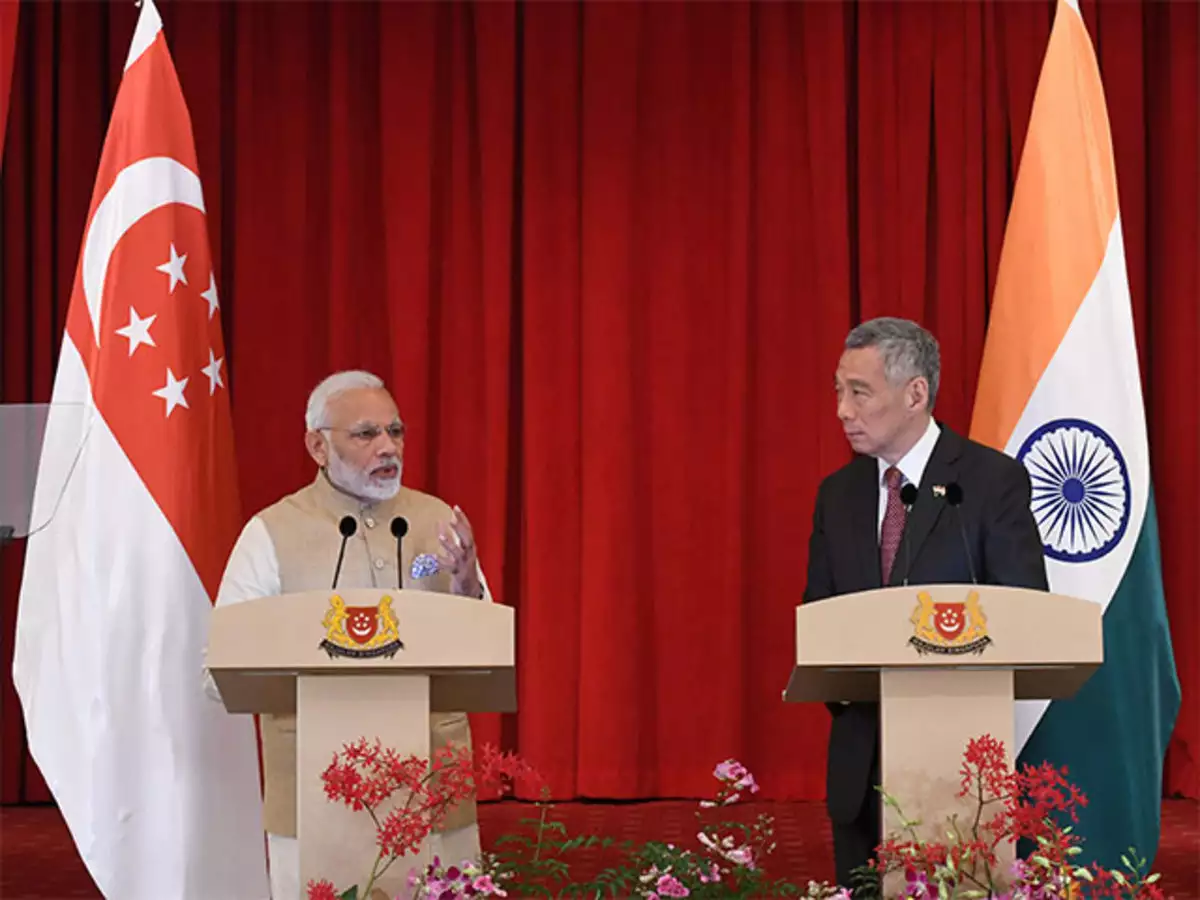In a recent report, the Global Trade Research Initiative (GTRI) has suggested that the Indian government assess the bilateral free trade agreement with Singapore and the ASEAN bloc as a whole. Singapore, as a member of the ASEAN bloc, currently has a free trade agreement with India in goods, which has been in effect since 2010. Additionally, India has a comprehensive free trade agreement (FTA) with Singapore that has been in place since 2005.
GTRI has also recommended a similar evaluation of the trade agreement with Thailand, another ASEAN member. India signed a limited free trade pact with Thailand in 2006. These suggestions hold particular significance as India and the ASEAN bloc have already agreed to review their trade pact and aim to complete the process by 2025.
The ASEAN bloc consists of ten member countries: Brunei Darussalam, Cambodia, Indonesia, Lao PDR, Malaysia, Myanmar, the Philippines, Singapore, Thailand, and Vietnam. Notably, five countries within the bloc, namely Indonesia, Malaysia, Singapore, Thailand, and Vietnam, account for a substantial portion of India’s exports and imports from ASEAN. In fact, these countries make up 92.7% of India’s exports to ASEAN and 97.4% of its imports from the bloc.
Over the years, trade between India and ASEAN has witnessed significant growth. India’s exports to ASEAN increased from USD 19.1 billion in 2008-09 to USD 44 billion in 2022-23. Similarly, imports from the ASEAN bloc surged to USD 87.6 billion in the last fiscal year, compared to USD 26.2 billion in 2008-09.
GTRI’s report emphasizes the need to study India’s separate free trade agreements with Singapore and Thailand, considering the relaxed rules of origin for products under these agreements. The report also highlights the substantial presence of coal imports from Indonesia, which have increased by 121% in the past year alone. GTRI suggests that India should focus on utilizing its coal reserves to reduce reliance on imports. Furthermore, the report recommends offering a minimum support price (MSP) on mustard and similar oils to lower domestic prices and gradually decrease the consumption of inferior palm oil.
With regards to Singapore, the report identifies electronics as a significant import category, including computers and integrated circuits. Additionally, plastics, iron and steel, gold, and a smaller amount of fertilizers are imported. GTRI suggests investigating the rationale behind transhipping these goods through Singapore, as it adds to costs. The report also calls for scrutiny of the rules of origin governing electronic products and gold to ensure compliance with value-addition norms.
Regarding Malaysia, the report observes imports of palm oil, petroleum products, and electronics, which are essential commodities for India. GTRI maintains that a review of the trade agreement may not be effective in reducing most of these imports.
The recommendations put forward by GTRI highlight the need for the Indian government to assess and potentially modify its trade agreements with Singapore, Thailand, and ASEAN as a whole. By conducting a thorough review, India can address concerns such as high coal imports, transhipping issues, and the impact on domestic industries. Ultimately, this evaluation can lead to a more balanced and mutually beneficial trade relationship for all parties involved.

